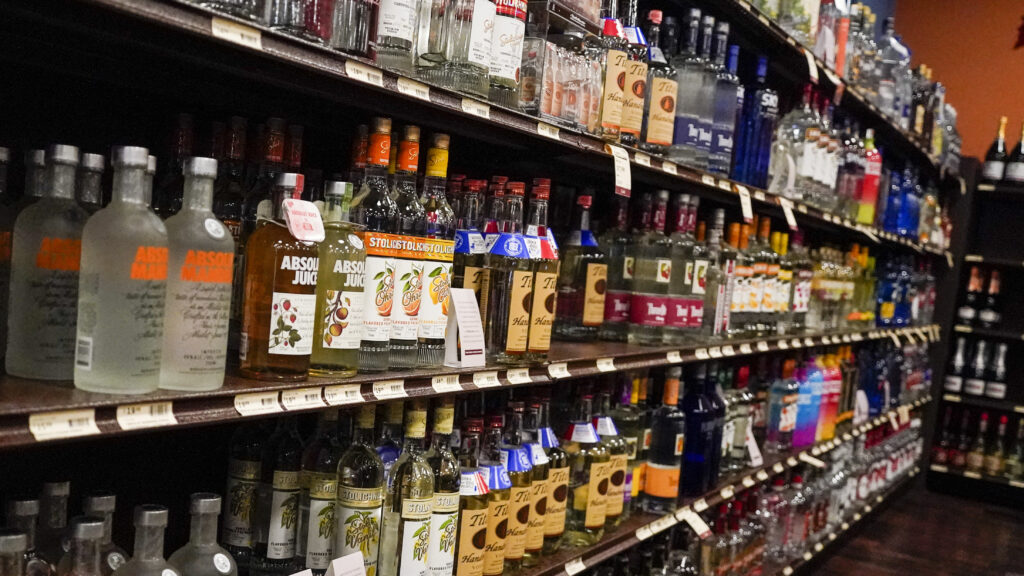Eleven years ago, two days before Christmas, my 24-year-old brother, who was a university graduate and former law student, died from a self-inflicted gunshot wound. After a decade of hard and continuous drinking interspersed with addiction and mental health treatment, he could not sustain his recovery. His suicide came on the heels of my mother’s death a year before, and just weeks later, my grandfather died in a car accident. My family’s holidays would never be the same.
Like so many others who survived the loss of someone dear from the chaos of severe substance use disorder (SUD), I am too familiar with unspeakable grief. But I have found meaning through it and purpose in passing that on.
I was a medical resident when I dropped my brother off at an addiction treatment facility for the first time. Later, I became an addiction specialist physician, focusing on treating people with SUD and helping them manage their disease and find remission and recovery. My work has taught me something important: To help stop the addiction crisis that has brought so much sorrow to families like mine, policymakers must prioritize prevention at all levels and support evidence-based prevention initiatives — including raising federal excise taxes on alcohol.



Once you’re caught in the loop of self-destructive behavior, increasing the cost is not likely to help but at least you’re presumably paying for related services. The scenario it makes the biggest difference in is when someone is deciding whether to go down that path. Some will just turn away